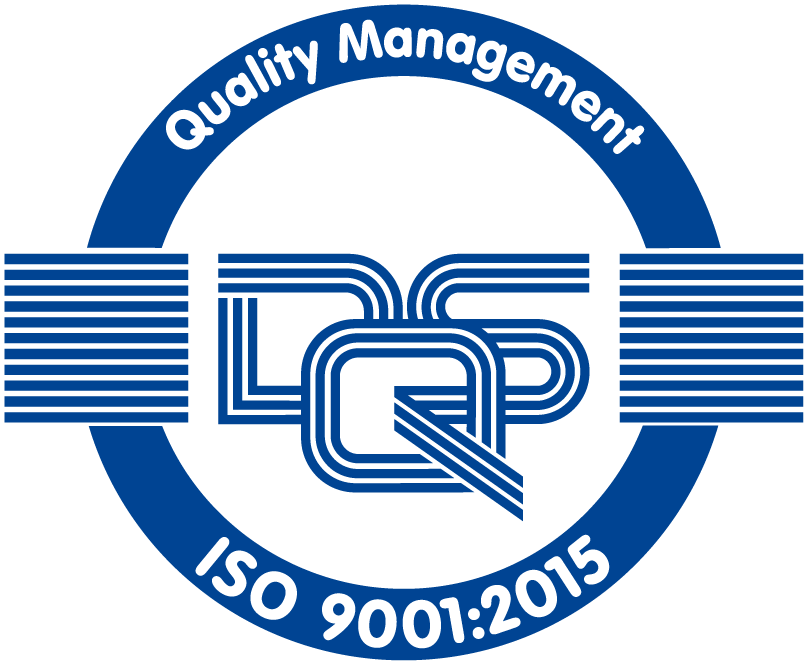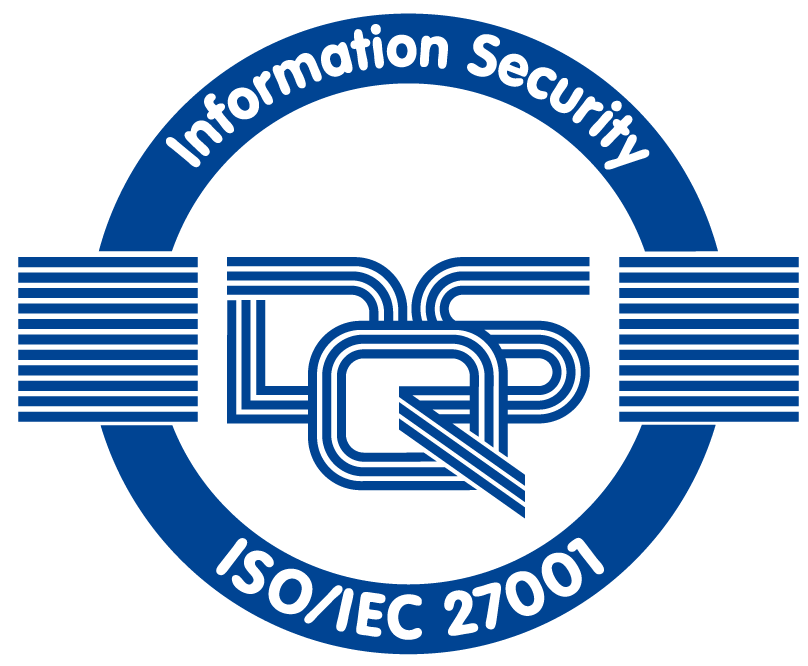At the beginning of 2021, we successfully introduced a new project in Atlantic Group – Digitization of Shipping, whose key component is the SkyTrack Dispatcher mobile application, which is used through tablets by warehouse workers.
With the help of this application and back-end server modules, a quick and easy process of controlling and correcting the loading of goods is enabled, as well as "pallet checklists" before the truck goes on the road, signing of digital cargo sheet that is sent to the already existing tablet device of the driver and the e-mail address of the carrier, monitoring the realization of real-time delivery and digital recapitulation of the found goods in the cargo hold when the vehicle returns to the warehouse.
For this occasion, we spoke with Igor Stojković, head of transport at Atlantic Group, to examine their satisfaction with the system and find out how their business has changed since they used SkyTrack solutions.
When and why did you feel the need to implement these solutions?
The need arose after the implementation of Digital Shipment (Digitalization of Delivery) when we realized that we had digitized the entire Serbian market, namely over 10,000 of our customers, and the question was - why not digitize internally. We looked at the current way of working and the benefits of digitization, and we decided very quickly that it would be useful to go in that direction. Our main motives were less administrative work, improving the processes and more transparent and faster searches.
Did you find switching to our system challenging and how did your employees react to the changes?
We didn't have big challenges because we had previous experience with interfaces that were already set up - so setting up the system was quite simple. As a challenge, I would maybe point out the understanding and consequences of a "fast click", and what it can cause in the system. When we conducted educations and introduced a new way of working, there were fewer and fewer challenges.
We put all the distribution centers into operation very quickly, with short monitoring of the system. The unofficial view of colleagues working directly within the mobile shipper is that it has greatly accelerated and simplified processes, and that digitalization should not necessarily be complicated. The software is simple and user-friendly. The possibility of human error always exists, but this needs to be worked on and there was no resistance to it. I believe that anyone who once started the work of digital borrowing or deleveraging would not return to their old way of working.
Highlight three (or more) features that have improved since you introduced SkyTrack Digitalization of Shipping.
For starters, I would highlight savings on administrative work, archiving and searching paper documents. Digitalization enables us to spend time working on other processes, more precisely reduces so-called "time thieves" and leaves the possibility for more creative work and improvement.
The other thing I would point out is a lighter stream of data. There is a stream of document movements with all the prerequisites that must be met and they are clearly visible in the application. There is no skipping steps or "omissions" that could lead to non-compliance with the procedures' rules.
As a third feature, and one of the most important to us, I would like to highlight the transparency that the digitalization of shipping has allowed us to do. It is known and evident exactly who did what and how in case there were any discrepancies. This helps us greatly when excluding anomalies, and therefore reduces the time lost for analysis.
The last feature that I think is important to mention is that the SkyTrack system opens up countless possibilities for further improvements and upgrades, since it displays essential data in one place (which was by no means possible with paper documents).

 ENG
ENG  HRV
HRV  SRB
SRB 



